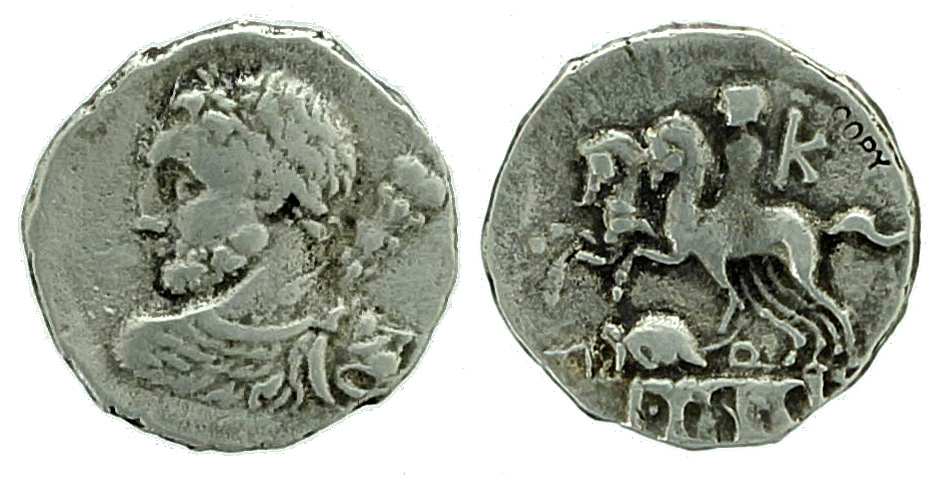Titus Quinctius Flamininus: A Pivotal Figure in the Roman Republic
The Rise of Titus Quinctius Flamininus
Titus Quinctius Flamininus was a distinguished Roman statesman and military leader who played a crucial role in the expansion of the Roman Republic during the 2nd century BCE. Born in 229 BCE, Flamininus quickly rose through the ranks of the Roman political and military establishment, ultimately leading Rome to victory in the Second Macedonian War and asserting Roman dominance over Greece.
The Early Life and Career of Flamininus
The son of a prominent Roman senator, Flamininus grew up in a politically influential family. He began his political career at a young age, serving as a military tribune during the Second Punic War. He quickly gained recognition for his exceptional leadership skills and tactical understanding.
In 200 BCE, Flamininus was elected as a consul, one of the highest-ranking positions in the Roman Republic. He was then appointed to lead the Roman forces in the ongoing Second Macedonian War against King Philip V of Macedon.
The Second Macedonian War: Flamininus’ Greatest Triumph
The Second Macedonian War was a critical conflict between Rome and the Kingdom of Macedon. The war began in 200 BCE due to Rome’s concerns about Philip V’s expanding influence in the Mediterranean. Flamininus, as consul and commander of the Roman forces, was tasked with subduing Macedon and securing Rome’s hegemony in the region.
Flamininus’ tactical genius became evident during the war, as he successfully employed a combination of diplomacy and military strategy to weaken Philip V’s position. In 197 BCE, Flamininus’ forces achieved a decisive victory over the Macedonian army at the Battle of Cynoscephalae, effectively ending the conflict.
Flamininus and the Liberation of Greece
Following the victory at Cynoscephalae, Flamininus focused on securing Rome’s influence in Greece. He skillfully navigated the complex web of Greek city-states and alliances, winning the support of key political and military leaders.
Flamininus’ efforts culminated in the proclamation of the “Freedom of the Greeks” at the Isthmian Games in 196 BCE, a momentous event that marked the beginning of a new era of Roman-Greek relations.
Flamininus’ Legacy and Impact on the Roman Republic
Titus Quinctius Flamininus’ military and diplomatic achievements during the Second Macedonian War significantly expanded Rome’s influence in the eastern Mediterranean. His proclamation of the “Freedom of the Greeks” secured the loyalty of Greek city-states and laid the groundwork for the eventual incorporation of Greece into the Roman Empire.
Moreover, Flamininus’ success in the war and his subsequent efforts to consolidate Roman power in Greece demonstrated the effectiveness of Rome’s expansionist policies. His career serves as a testament to the importance of strong leadership and strategic vision in the rise of the Roman Republic.
The Lasting Influence of Titus Quinctius Flamininus
In conclusion, Titus Quinctius Flamininus stands out as one of the most influential figures in the history of the Roman Republic. His leadership during the Second Macedonian War and his subsequent efforts to bring Greece under Roman influence had far-reaching consequences, shaping the political and military landscape of the Mediterranean world for centuries to come. Flamininus’ legacy serves as a powerful reminder of the impact that one individual can have on the course of history, and his contributions to the Roman Republic continue to be celebrated and studied by scholars today.

Titus Quinctius Flamininus Roman Republic Denarius 111-112 B.C. This Replica Coin of Titus Quinctius is available at coinreplicas.com


